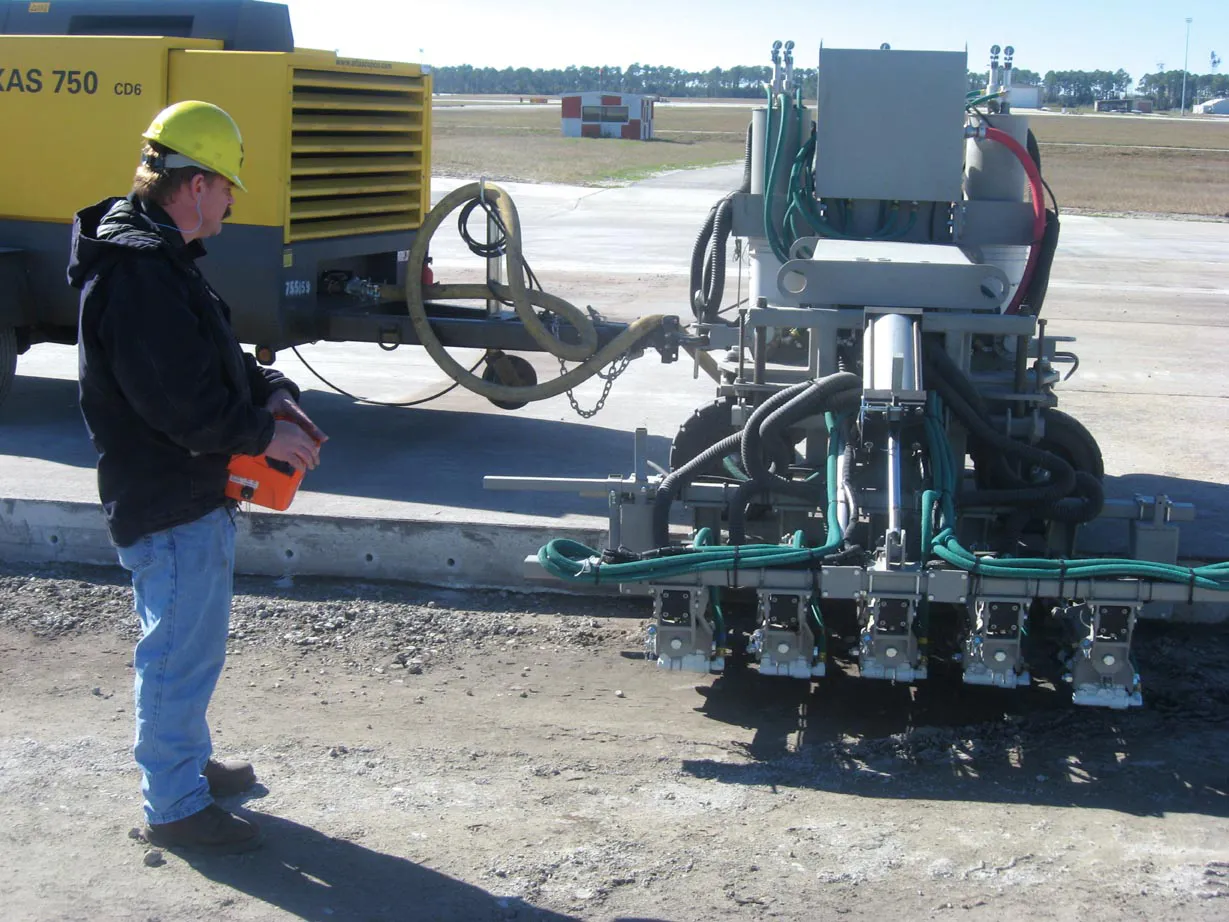FSP has bought the intellectual property rights for the Frangible Post System from 3M. It is now supplying the passive safety market with reinforced composite posts that will carry signs on motorways and other busy roads. The FSP product (as previously commercially developed and marketed by 3M) is designed to be strong enough to withstand turbulent weather conditions, but light and flexible enough to collapse on impact, protecting the driver and passengers and causing minimum damage to the vehicle.
February 23, 2012
Read time: 2 mins

It is now supplying the passive safety market with reinforced composite posts that will carry signs on motorways and other busy roads.
The FSP product (as previously commercially developed and marketed by 3M) is designed to be strong enough to withstand turbulent weather conditions, but light and flexible enough to collapse on impact, protecting the driver and passengers and causing minimum damage to the vehicle.
FSP says that it is estimated that collisions with roadside features (sign posts, lamp posts, trees and crash barriers) cause 15% of all road fatalities. Because these objects cannot always be removed from the roadside, the objective has been to provide solutions to reduce the consequences when hit.
"This is the principal behind 'passive safety,' a modern concept in roadside engineering that has the full support of the Institution of Civil Engineers, the backing of the
"The FSP passively safe 140mm diameter post was independantly certified at
The company has appointed








